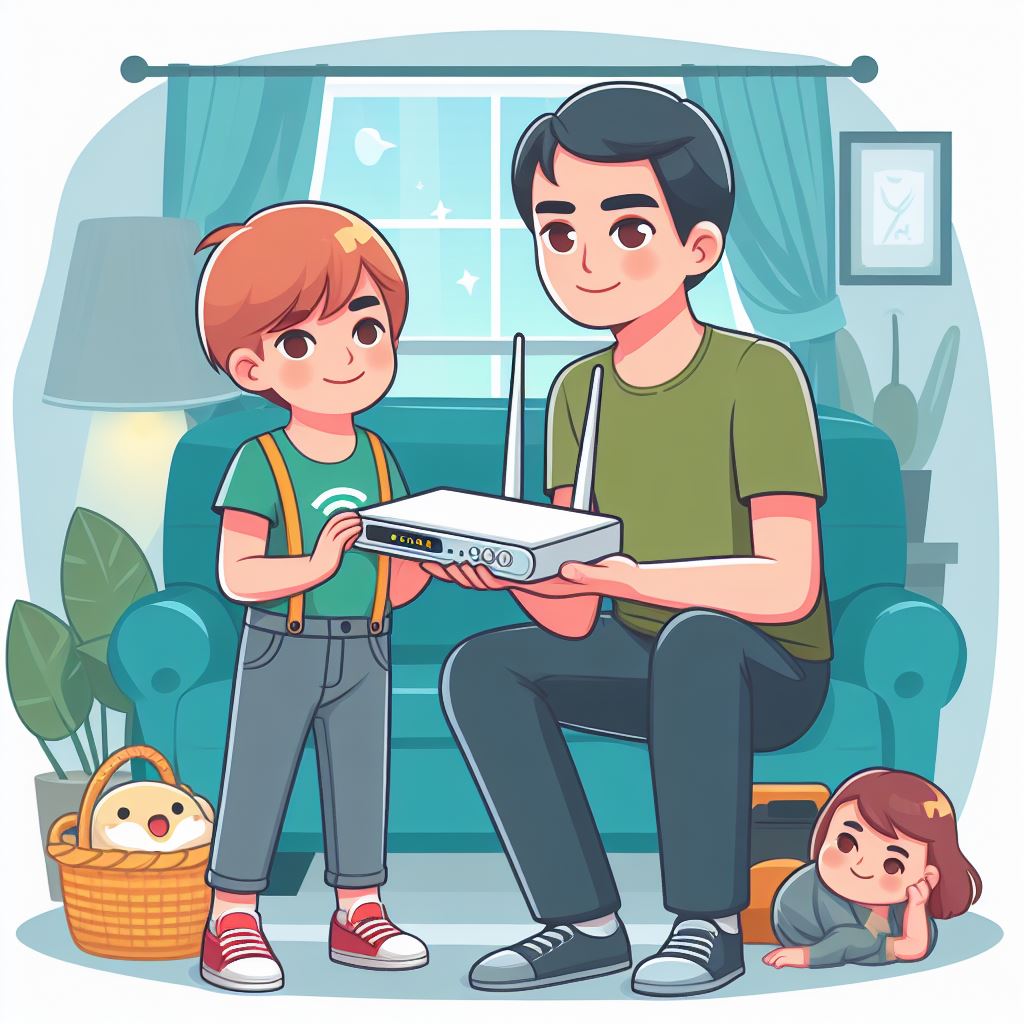As a parent, it’s heartbreaking to hear your little one is in pain or upset.


Image by HaticeEROL
It’s pretty much any parent’s worst nightmare in this digitally connected world, discovering your child has been a victim of cyberbullying can be devastating. Even though it may be easy for you to beat up a 4th grader, your next steps as a parent are crucial, and any wrong reaction from you could have ever-lasting effects on your child’s mental and even physical well-being.
Now before you rage at some poor Timmy and his mom, you should spend some time understanding the situation – ask your child what happened, and follow these 7 tips to be absolutely sure you’re handling this as an adult and a parent should.
1. Find Out Exact Details of The Cyberbullying Incident
When did this happen? Where did it take place? Did somebody post a nasty Facebook rant about your child? Or did someone upload a picture on social media without their consent? It’s important to know and understand the situation in its entirety before jumping to any conclusions.
Your child may not be comfortable explaining the details of what happened, but communication is crucial here. It’s always better to have a child who trusts and can confide in you without the fear of repercussion, you want to be able to have a discussion about it and come up with a plan together.
It’s important to abstain from losing it, you need to approach this in a calm manner. Learn exactly what happened and the context in which it occurred. Additionally, don’t downplay the situation or make any excuses for the cyberbully.
2. Collect All The Evidence of The Cyberbullying Event
Capture screenshots, recordings, messages, pictures, videos, copy and paste posts, or any other pieces that serve as clear evidence that your child was, in fact, cyberbullied. Start a document using Google Docs, or Evernote in which you start to write out the details of the event. What date/time the incident occurred, when did your child first realize, keep a record of the names of the people involved, location, and anything else you can think of that will help. Make sure this list is bulletproof, you want it to be as accurate as possible in case you need to reference it.
3. Seek Help From Local Authorities
School officials, teachers, or even law enforcement depending on the severity of the situation may not be a bad idea. Yeah, your kid might not be happy with this, they can be terrified or embarrassed that their classmates will find out their parents went to the principal. But seriously, screw those kids, we were all in high school once, it may seem like an important time in your child’s life – and it definitely is, but the road doesn’t end there. What’s more important is dealing with the situation, now, and not waiting until it becomes even bigger and out of your control.
It’s always better to have insiders keeping an eye on your kid, although they might not be watching them all the time, it helps to have some eyes and ears on the ground. It also can become essential if things escalate, since you will have an official record of the incident created.
3. Do NOT Contact The Parents Of The Cyberbully
The last thing you need is for an escalation between the parents that goes beyond the incident. Some parents will become confrontational when their child is accused of cyberbullying, and may not be entirely receptive to the situation. Be cautious in your approach and avoid extra drama or any further harm that this may cause your child.
4. Contact the Company or Organization
Most reputable service providers including game developers, social media platforms, app creators, websites, internet providers, and others have strict Terms of Service guidelines where cyberbullying will not be tolerated. Contacting these companies might help in preventing another incident from occurring.
5. Work Together to Restore Confidence and Safety
Explain to your child that you’re doing everything in your power to make this right. Sometimes these things happen and it’s not always their fault they are the target. It’s also important to educate yourself on some internet safety tips that way you have a solid understanding of how modern technology impacts children. Also, it’s important to understand how kids use the internet nowadays, that way you can make informed decisions and formulate an effective plan on how to protect them in the future.
6. If You Believe It’s Necessary, Seek Counselling
There may be a benefit in speaking with a mental health professional. Often times children might be reluctant to discuss the intricate details with you, especially if it involves sensitive personal information they are embarrassed about. Having an unbiased third party can be an excellent way to have your child feel a little more comfortable about the situation and can help immensely in their healing journey.
7. Implement Security Measures to Prevent It From Happening Again
Once your child is a victim of cyberbullying, it might be hard for you to let them reconnect with their friends on the internet again. After all, that was the place they got hurt in the first place. But there are ways to do this properly, including activating parental controls on all their favourite devices.


